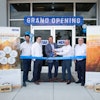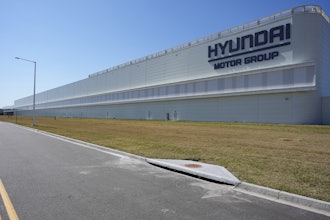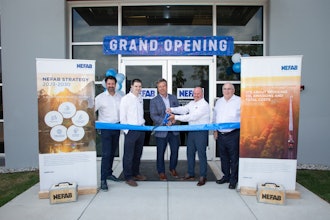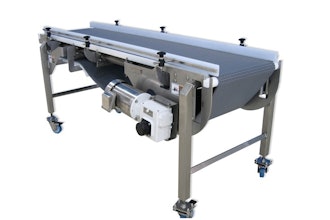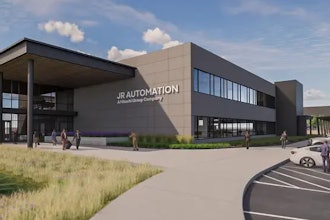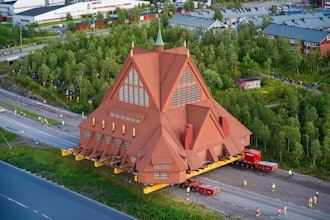SAN FRANCISCO (AP) — In a case that affects thousands of businesses and millions of workers, the California Supreme Court ruled Thursday that employers are under no obligation to ensure that workers take legally mandated lunch and rest breaks.
The unanimous opinion came after workers' attorneys argued that abuses are routine and widespread when companies aren't required to issue direct orders to take the breaks. They claimed employers take advantage of workers who don't want to leave colleagues during busy times.
The case was initially filed nine years ago against Brinker International, the parent company of Chili's and other eateries, by restaurant workers complaining of missed breaks in violation of California labor law.
But the high court sided with businesses when it ruled that requiring companies to order breaks is unmanageable and those decisions should be left to workers.
The opinion written by Associate Justice Kathryn Werdegar explained that state law does not compel an employer to ensure employees cease all work during meal periods, instead saying the employee is at liberty to use the time as they choose.
"The employer is not obligated to police meal breaks and ensure no work thereafter is performed," Werdegar wrote.
The court's decision could greatly reduce the numerous class-action lawsuits surrounding the issue that cost companies millions of dollars in legal costs.
"The courts are making it clear that you have to create a system and a procedure that fully allows employees an opportunity to take breaks and meal periods, and if they do that they do not have to be Big Brother and individually monitor each employee to ensure that they've taken every bit of their breaks," said Steve Hirschfeld, founder and CEO of the Employment Law Alliance, an employer-side legal trade group.
Attorneys for workers said low-wage workers such as those at Chili's and other restaurants face unique issues that dissuade them from requesting meal and rest periods.
"The decision ... should have required employers to take affirmative steps to provide meal periods, and not just adopt policies that allow them," Fernando Flores of the Legal Aid Society-Employment Law Center, said in a statement.
"The (court) previously held that employees who are denied their rest and meal periods face greater risk of work-related accidents — especially low-wage workers who engage in manual labor," Flores said.
The Brinker decision doesn't account for the public health and general welfare argument and weakens these standards for millions of low-wage workers across California, he added.
State law has mandated meal and rest breaks for decades. But in 2001, California became one of only a few states that impose a monetary penalty for employers who violate these laws, requiring employers to pay one hour of wages for a missed half-hour meal break. There is no federal law requiring employers to provide such breaks.



